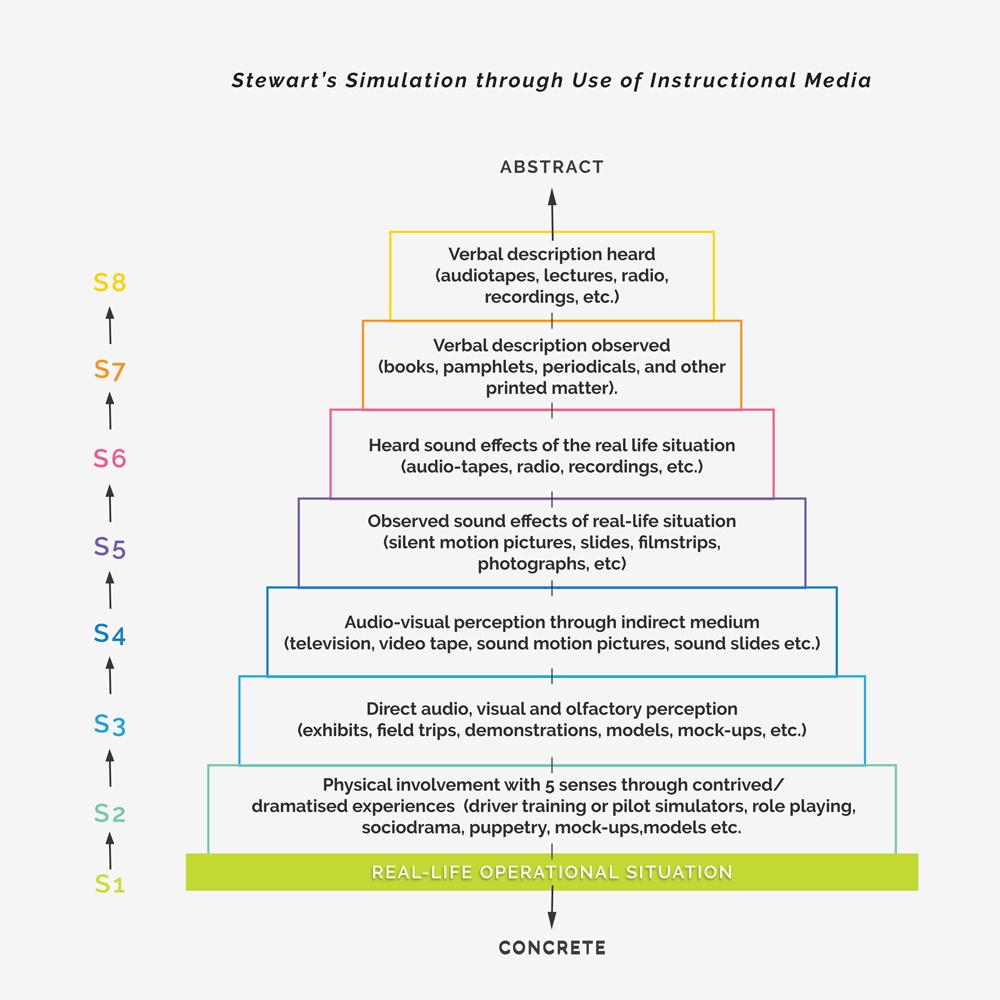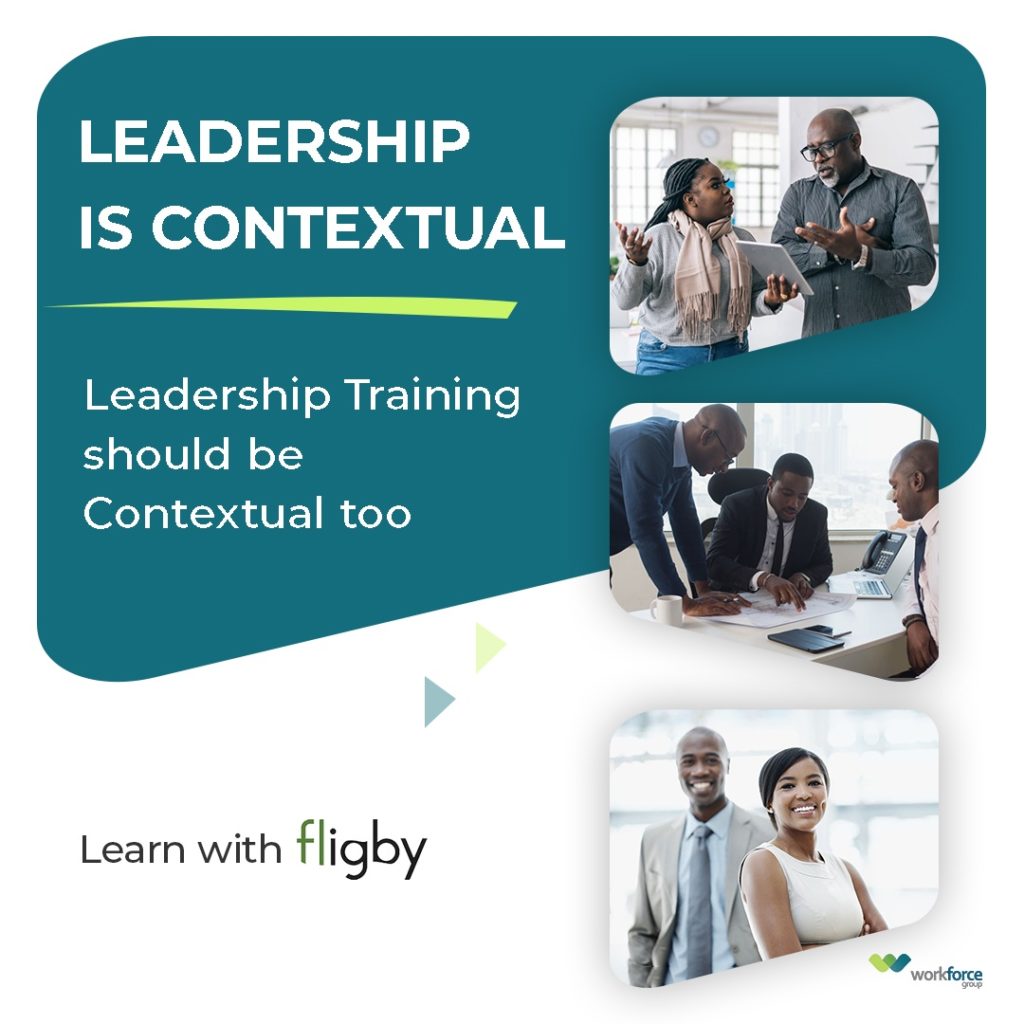The new decade presents a lot of uncertainties for business particularly with the disruption of traditional business models. These disruptions have informed businesses having to tweak current business strategy to adapt to the realities of the evolving marketplace or risk going extinct.
With the rate of unprecedented change we’re experiencing, people desperately seek guidance and encouragement from their leaders more than ever before. How these leaders respond to these challenges can prove to be the difference between the organisation thriving in crisis or suffering irreparable damage.
However, not all leaders are prepared to meet this new set of expectations and effectively navigate their businesses through uncertainty.
It is crucial to understand that for your business to succeed and gain competitive advantage amidst disruption, one of the non-negotiable factors is- building the right capabilities to lead.
“No organisation can win beyond the knowledge, skills, and capabilities of its workforce.”

To enable your leaders and employees to rise to modern-day business’s challenges, they must be well-equipped with the right skills and tools required to improve their performance through the right training and development initiatives.
Therefore, it is imperative that your leadership development strategy be diligently designed and deployed to ensure that on-the-job performance translates into a measurable impact on the organisation.
Good leaders aren’t always born – they can be made.
3 Factors That Determine the Success of Leadership Development Effort
Here are 3 Critical Factors That Determine the Success of Your Leadership Development Effort
- Individual learner characteristics
- Quality and nature of the leadership development programme
- Opportunities to practice new skills and receive feedback.
Of these three, opportunities to practice new skills and receive feedback have the most significant impact on the success of any leadership development initiative. This continuous process of practising and receiving feedback ensures that your leaders can flexibly put their micro-skills to the test. However, achieving this requires more than regular classroom training; organisations must invest in developing and testing these skills in various contexts, moving from theory to practice.
This can be achieved by embracing simulations.

Have you ever wondered why surgeons spend years dissecting cadavers before operating on their first live patient?
Or why pilots in training have to spend hundreds of hours in flying school before being trusted to handle the flight instruments of an actual plane?
For hundreds of years, we have been benefiting from the concept of simulations – in the medical field and aerospace – but not in the business world.
So, why now?
Why is leadership simulation being proposed as the game-changer for businesses in the new decade? In 2020?
Why is leadership simulation being proposed as an effective Leadership Development Strategy for businesses In 2021?
This is because many organisations understand that leadership is relentlessly contextual; there is no one-size-fits-all approach that will work in every situation, and leadership operates differently depending on the realities of the business being led.
A significant concern for many business leaders is finding effective solutions to industry and organisation-specific problems that currently plague their business whilst building enough grit to overcome what is to come.
This concern acknowledges that the dynamics of current events existing in their organisations are unique. As a result, organisations that will thrive in these turbulent times must adopt a customised approach to building better leaders that can drive change.
With the help of simulations, you can transform your leaders leveraging highly relevant learning experiences that help turn abstract knowledge and concepts into concrete leadership skills and competencies they need to lead your organisation out of the crisis.
What Exactly are Simulations?
Simulations as a learning technique – and not technology – replaces or amplifies real experience with guided experiences that interactively replicate the real world.
Simulations create an interactive/controlled setting where learners are exposed to a practical, interactive, and engaging session that sees them taking on real-life issues, sharing ideas and making decisions that will impact the entire organisation.
Only this time around, it is entirely risk-free!
What is Leadership Simulation?
Leadership simulation is a form of experiential learning where leadership skills are taught by replicating various scenarios in the workplace and getting participants to respond as they would in reality;
As a valuable learning tool that allows individuals to contribute their skills and capabilities to tackle issues relating to several aspects of the business or the organisation, leadership simulations provide the closest thing to real-life situational experiences.
Decisions made are assessed and criticised, and participants, in turn, go back to the drawing board to chart a new path.
It is entirely true that leadership simulations can benefit your organisation in several ways. Here are some benefits of using simulation in leadership development.
Benefits of Using Simulation in Leadership Development
Absence of Risk
High potential leaders need a practice environment to explore business decisions in context. Because the simulation process is risk-free, participants are fired up to examine several dynamics and possible solutions to achieve results.
Instant feedback
Simulations incorporate a non-negotiable feedback mechanism where learners are corrected where they make mistakes and shown how they can get things right.
Stimulate learning by doing
The 70-20-10 model of Learning holds that learners obtain 70% of their knowledge from job-related experiences, 20% from interaction with others and 10% from formal educational events.
Delegates will most certainly be able to apply what they have learnt during the simulation on the job because they are presented with real organisational issues as opposed to theories that have no practical basis.
Measure ROI
Many learning professionals experience difficulty with measuring ROI on learning initiatives. However, with business simulations, the impact of learning interventions can be effectively measured and monitored. Read this article to learn how to assess the ROI of your training function.
Widen the scope of Traditional Leadership Training
On their own, traditional leadership interventions have limited ability to impact leadership development in an organisation. But when coupled with simulation, it creates a broader leadership training initiative that delivers real value.
For more on how to create a high-impact leadership development programme, download This Easy-to-Use Tool.
Contextualize and Personalise Leadership Training
Simulations are not a one-size-fits-all learning technique. For instance, a learning intervention for senior management; Top Management Game Simulation will be much more effective for these individuals as it is contextual to the roles they occupy, whereas while line managers may be taught to hone leadership skills through Functional Game Simulation.

Leadership is relentlessly contextual.
Effective leadership across all levels is highly critical to business continuity, no matter the circumstances.
One of the essential competencies of a highly-effective leader is the ability to manage teams and workgroups, develop others as well as build and maintain relationships. Without the capability to lead others effectively, a leader has failed even before starting.
With simulations, you can confidently develop the right skills in your leaders, elevate their performance and create a natural succession plan for future leaders at every level of your organisation, not just at the senior executive level.
Leadership simulation programmes such as FLIGBY encourage leaders to ensure that their teams are working in a state of flow. Hence the acronym: Flow Is Good Business for You (FLIGBY).
Flow – a mental state in which a person performing an activity is fully immersed in a feeling of energised focus, full involvement, and enjoyment.
FLIGBY uses a flow-based programme with a scenario-based approach to improve critical thinking. Its leadership development program combines videogame learning experience with psychometric game-based assessment. See how it works.
In 2021, organisations that will do well are those who are nimble and receptive to simulation-based learning where they can execute new strategies, ingrain organisational culture or breakdown complex processes and frameworks.
What steps are you taking today to ensure you are building better leaders and equipping them with the right capabilities to drive change?
At Workforce Group, we have designed a developmental leadership programme that leverages simulations to address leadership skill gaps, thus building and aligning desirable competencies to corporate goals.
To learn more about how simulations can help develop leaders in your organisation and, in turn, help drive your business strategy, visit Workforce Learning to get started today.


